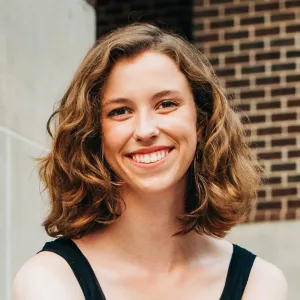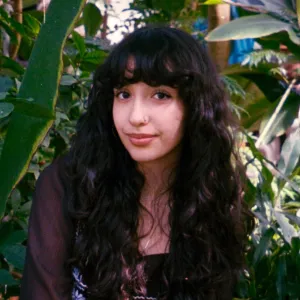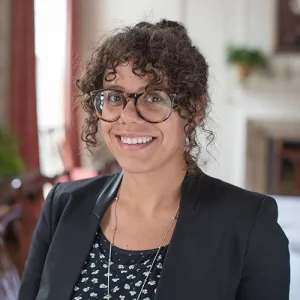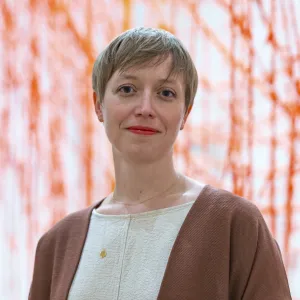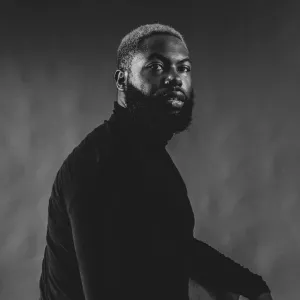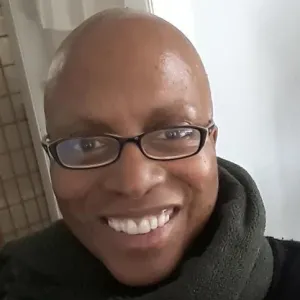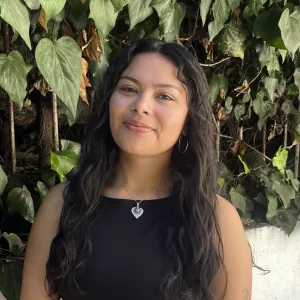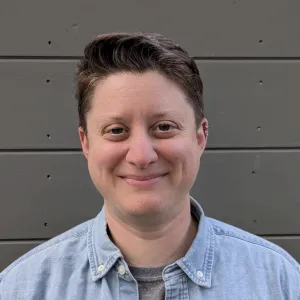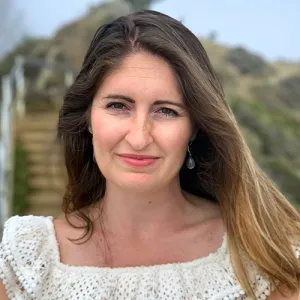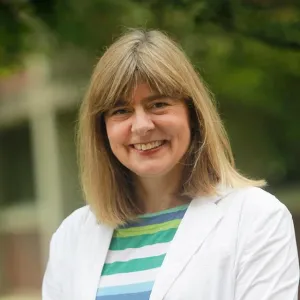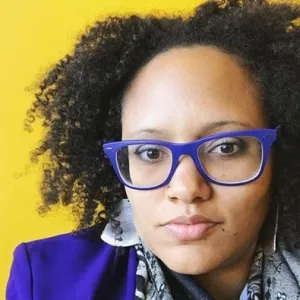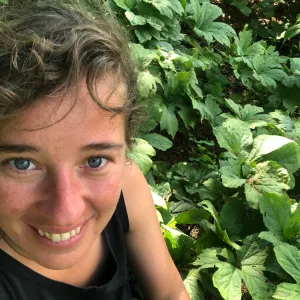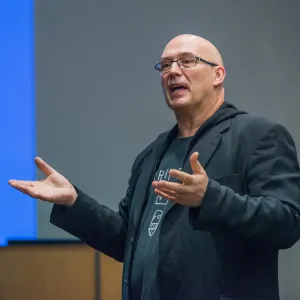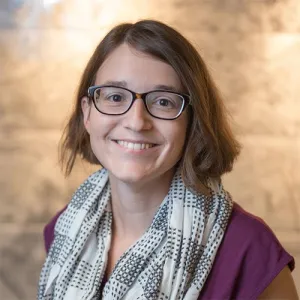Hauntings

Published December 9, 2025
Kahn Institute Long-Term Project, 2025–26
Meeting time: Wednesdays, 4:30–7:30 p.m.
Project Description
For some, haunting conjures ghost stories and spooky houses. Yet, haunting evokes myriads of social and cultural realities and lived experiences across time and space. What might it mean for someone who neglects their ritual duties to dead ancestors to reckon with hungry ghosts or malevolent spirits in contemporary times? How have the legacies of slavery and colonialism persisted in the bodies and lives of Indigenous, Black, and other racialized people? What facets of scientific, political, and economic systems haunt present-day inequalities?
The concept of haunting serves as a mechanism to draw us into dialog with unresolved pasts, whether personal and familial histories as personified in the haunted house, the ghosts of our disciplines in perpetuating inequalities, or the legacies of spectral forms of governance where loss or violence can haunt our public imaginations. Haunting takes on disparate forms, from popular culture and the folkloric ghost story’s desire for memory to unsettling landscapes, scientific truths, or capitalism’s legacies. Haunting can also inspire care work and community making.
This project focuses on the variety of ways that the past makes itself known in the present across disciplines. We might dive into the more popular convention of ghost stories and haunted houses and then place those manifestations alongside more theoretical conceptions of haunting circulating in cinema studies, critical theory, and Black studies. The ghosts and hauntings of the scientific realm in epigenetics or genomics might engage us to reckon with the biological calculus of natural differences used to justify colonialism, misogyny, and slavery in the past and present. We can also consider the palpability of historic injustices in contemporary built environments. Our work could show that haunting reveals how love continues, how healing happens, or how care work catalyzes.
In our exploration of haunting and its machinations, we hope to balance studying the work of other scholars and artists with engaging with the work of the project’s participants. We plan to invite guest speakers, including scholars, activists, and artists, to our seminar, who can push our conversations in provocative and exciting directions.
This Kahn project provides us with an opportunity to engage across disciplines in grappling with the manifestation of the past in the present, trusting not only what we can prove but also what we can feel as we wrestle with hauntings together.
Organizing Fellows
Alex Callender, Art
Jennifer DeClue, Study of Women, Gender, and Sexuality
